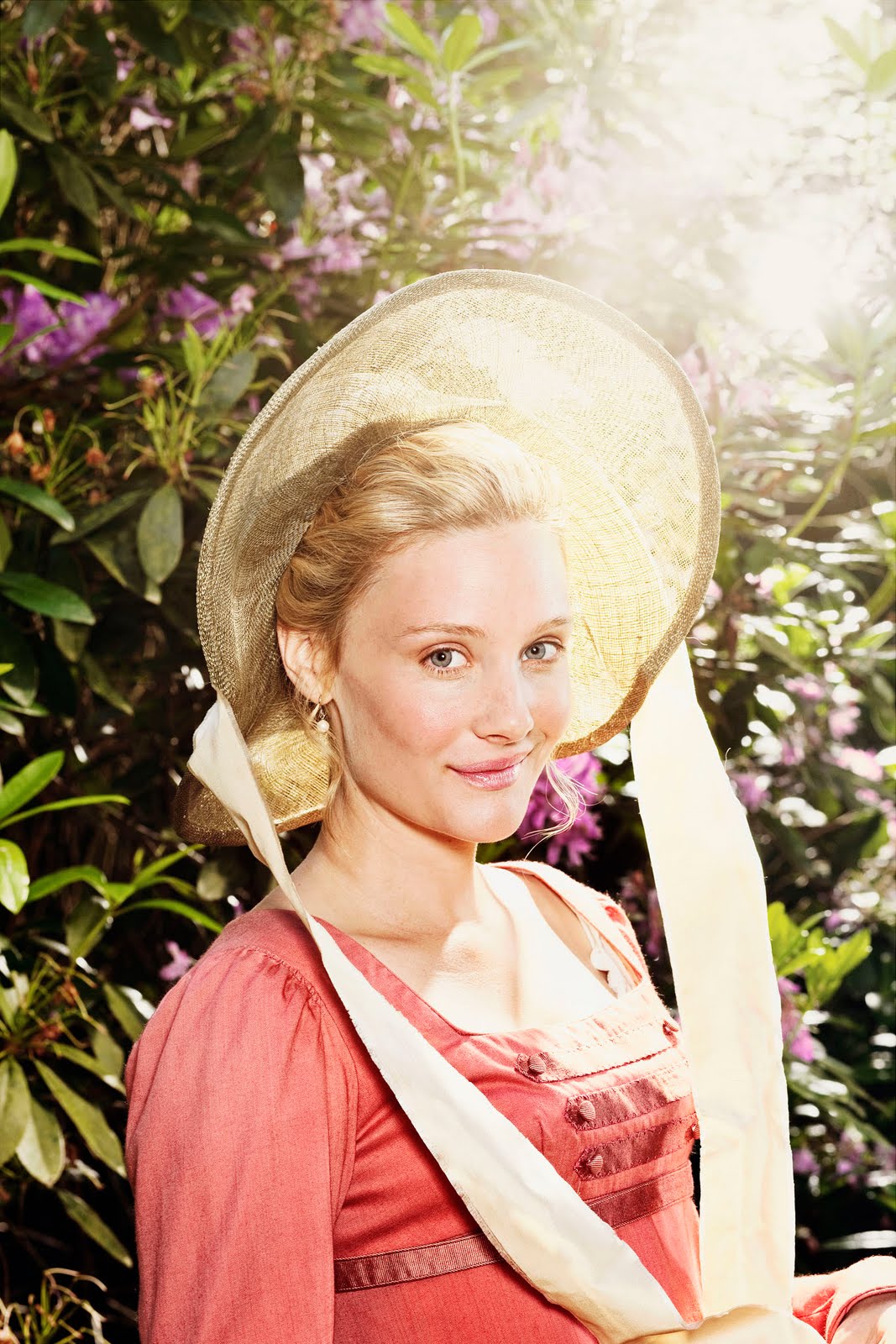
Disclaimer: I received a free copy of this book from Netgalley in exchange for an honest review.
If I could succinctly describe Taran Matharu’s new book, it would simply be: “Eragon” if it were written for adults, by an adult.
Which is to say, “Dragon Rider” is a high fantasy with a lot of cultural richness and depth rather than Star Wars/Lord of the Rings tropes. It’s set in a world reminiscent of our own, but with soul-bindings to fantastical creatures like gryphons, dragons, chamroshes and various prehistoric beasts, and gives us a suitably underdog hero with the odds against him – and a baby dragon to help him bounce back.
As the third, least important son to the dead king of the Steppefolk, Jai is kept as a hostage in the Sabine Empire’s court. Specifically, as the personal attendant to the elderly, neglected ex-emperor Leonid. It gives him a front row seat to the dynamics of the new emperor’s court, but no respect – and a lot of hostility from the crown prince Titus and his friends, who see the Steppefolk as their barbarian inferiors. When Jai catches wind of a conspiracy against the visiting Dansk king, whose daughter is to marry Titus, he does his best to stop anyone from dying… only to lose everyone important to him.
And soon he finds himself lost in a freezing wilderness, surrounded by corpses… and most unexpectedly with a dragon egg. Without meaning to, he ends up soulbinding to the white infant dragon – and also ends up running into a prickly Dansk handmaiden named Frida, who knows something about being bound to a dragon. To save himself and his hatchling, Jai needs to get back to the Steppefolk, but staying alive in Sabine territory is the bigger immediate problem.
Taran Matharu’s fantasy world is reminiscent of our own in a lot of ways, mostly culturally: the Dansk (Northern European), the Steppefolk (Central Asians), the Sabines (Southern Europeans) and hints of other cultures like the Phoenix Empire (East Asia). It lends a lot of richness and depth to a fantasy story that is basically about becoming the spiritually-bonded partner of a mythical creature, and Matharu manages to evoke the feeling of a lot of history and complexity behind his tale.
It’s also distinctive because it takes some cues from Chinese cultivation fiction; it’s not a precise copying of its tropes, but the general ideas are there and integrated into the idea of soulbinding. The person in question learns how to acquire and store magical energy in a physical core, becoming stronger, physically purer and in possession of magical abilities. But it doesn’t make them all-powerful, and having a dragon doesn’t really keep Jai from being in constant danger (especially since she’s so small). So there’s plenty of suspense, action, grit, gore and dramatic confrontations.
Jai himself is a good underdog hero – not particularly exceptional, but he starts off as an ordinary kid that nobody expects anything from, relegated to a role nobody wants (which involves wiping an old man’s butt). He first starts to flower when he deduces that a conspiracy might be afoot, and tries to do the right thing – only for everything to implode in front of him. His relationships with other characters are pretty well-developed and enjoyable – his potentially romantic, slightly prickly connection with Frida, his immediate loving bond with Winter, and the quasi-father/son relationship he has with Leonid (who, to complicate things, personally executed Jai’s actual father). And then there’s Rufus, the mysterious old warrior with his own motives and complex history.
“Dragon Rider” takes a little time to get to any serious draconic action, but the destination is well-worth the journey. Well-rounded, vibrant and gritty, with plenty of room to flower in the future.

